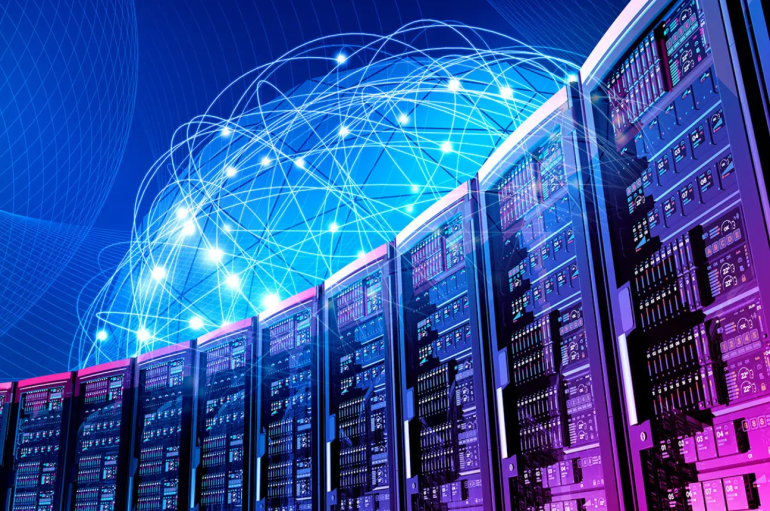- The Council has expanded the EuroHPC regulation to include ‘AI factories’ for supercomputing services.
- AI factories will host AI supercomputers, data centers, and specialized services for European startups and SMEs.
- Up to 50% EU financial support for acquiring and operating AI supercomputers is available to host entities.
- Focus is on enhancing AI model training, applications, and solutions within the EU.
- Legal adoption marks final legislative step; regulation to be effective in 20 days.
Main AI News:
The Council has adopted an amendment to the EuroHPC joint undertaking regulation, expanding its scope to include the establishment of ‘AI factories’. These facilities will provide infrastructure for AI supercomputing services, aiming to enhance Europe’s capacity in AI development. The amended regulation aims to make supercomputing resources more accessible to European startups and SMEs for training AI models and advancing projects. This decision marks the final step in the legislative process.
“Europe must lead the global AI race. Today’s regulation equips our researchers, startups, and SMEs with the tools to drive cutting-edge AI projects within the EU.” – Willy Borsus, Vice-President and Minister for Economic Affairs, Foreign Trade, Research and Innovation, the Digital Economy, Spatial Planning, and Agriculture of Wallonia
In line with the newly adopted regulation, the EuroHPC joint undertaking will facilitate the establishment of AI factories. These facilities will encompass AI supercomputers, dedicated data centers, and specialized supercomputing services tailored for AI applications. Access to these resources will be open to both public and private entities, with specific provisions for startups and SMEs. Host organizations of AI factories will receive up to 50% EU financial support for acquiring AI supercomputers and covering operating costs. The primary focus will be on leveraging AI supercomputers for developing and testing AI training models, applications, and solutions.
Following today’s adoption by the Council, the legal act will soon be published in the Official Journal of the European Union. It is expected to come into force within 20 days, marking a significant milestone in promoting AI innovation across Europe.
Established in 2018, the EuroHPC joint undertaking initially aimed to position Europe as a global leader in supercomputing. With nine supercomputers already deployed across Europe, its mission expanded to include promoting quantum computing, enhancing data infrastructure, and fostering computing skills within European industries and academia. The recent amendment, proposed by the Commission in January 2024 and agreed upon by Member States in May, introduces AI development as a pivotal objective for the joint undertaking.
Conclusion:
This regulatory expansion signifies Europe’s strategic push to lead in AI technology, equipping its startups and SMEs with advanced supercomputing resources. By fostering AI innovation through subsidized access to state-of-the-art infrastructure, Europe aims to strengthen its competitiveness in the global AI market, potentially driving significant advancements and economic opportunities in the coming years.

